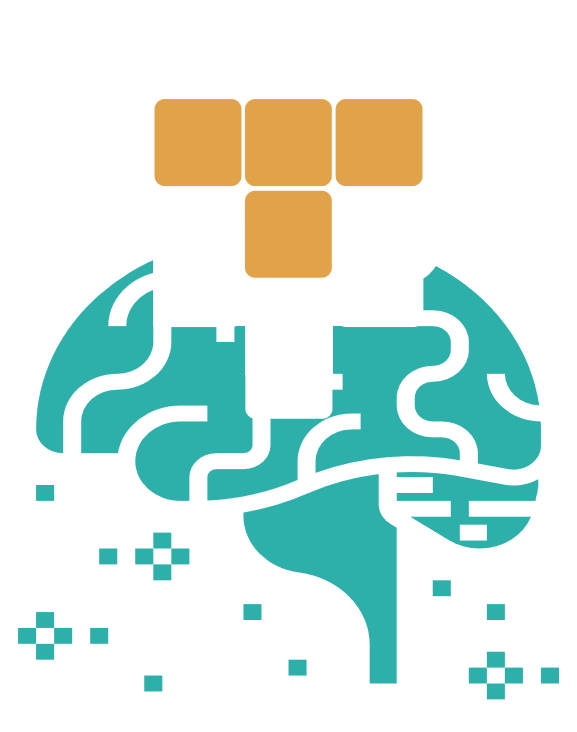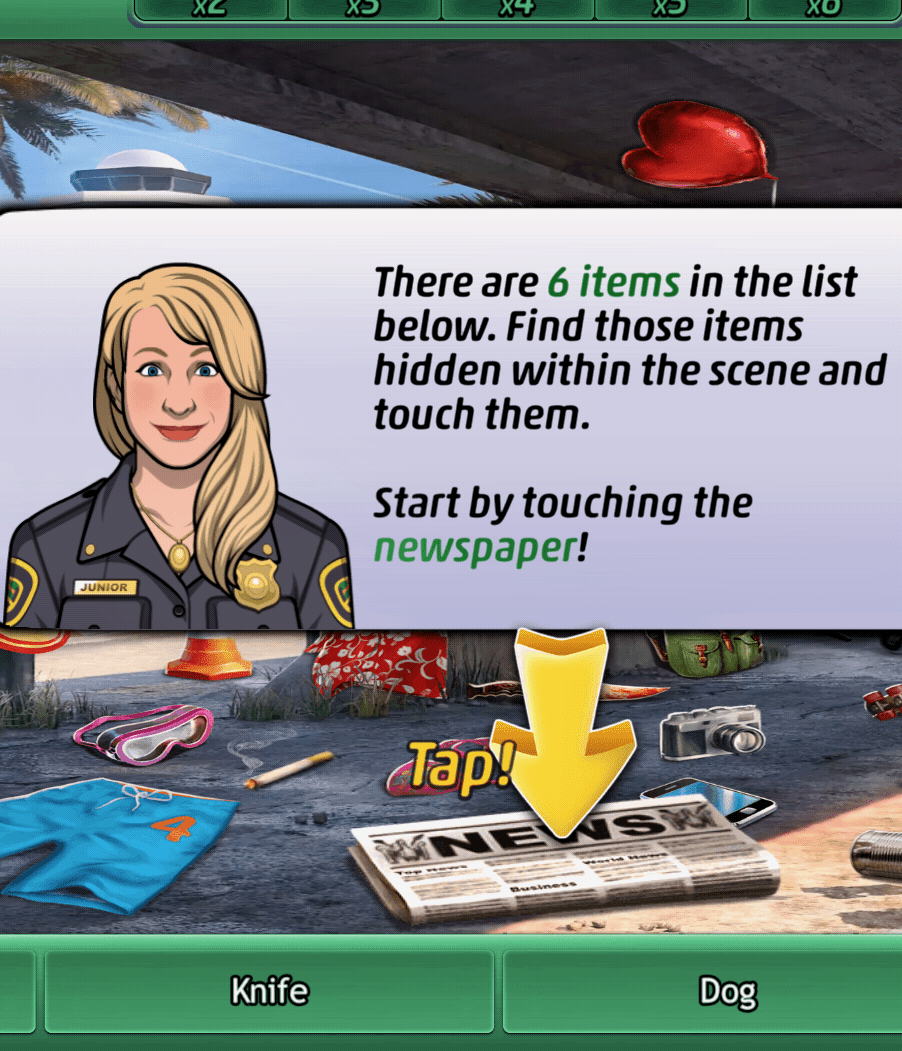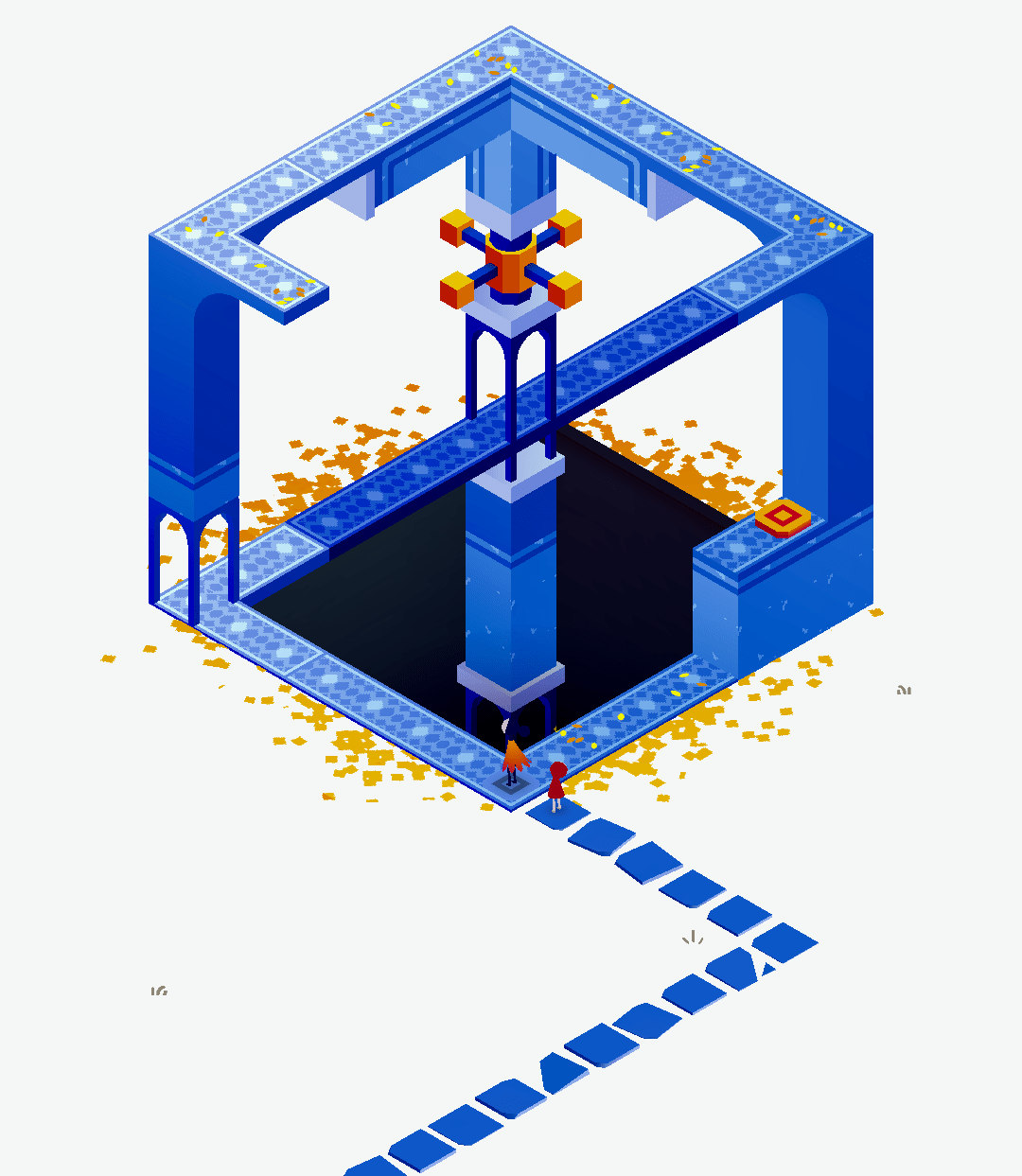
Do “Casual” Games Reduce Stress & Boost Well-being?
Thanks to Kristen Toohill for this post about how casual games reduce stress! Kristen recently co-authored a book with Scott Crabtree titled All Work & Some Play: Future Proof Your Career through Games. Her past experience includes working in the video game industry as a Quality Assurance Tester and SCRUM Master. In addition, she’s done organizational development & games work for Green Tree Games and Revelian, plus qualitative research in the tech and comic book industries. She’s currently a doctoral student in the Leadership PsyD program at William James College.
I Can’t Stress This Enough…
If you’re reading this in the time of COVID-19, it’s a pretty safe bet that you’re experiencing some stress. Hopefully you’ve developed some strategies that are helping you cope! As the pandemic wears on, you might be searching for a new approach to try—or wondering whether there’s scientific backing for a strategy you’re already using. If the idea of stress reduction through games sounds intriguing (or familiar), you’ve come to the right place!
Did you know playing certain types of games can boost your ability to cope with stress and anxiety, and even help you thrive during this strange time? Let’s dive into the neuroscience and explore why “casual” games are an engaging way to get your brain back on track.
What Is Stress, Anyway?
Stress is your body’s reaction to any mental, physical, or emotional change that knocks it out of balance and requires an adjustment. When that happens, your body prepares for action so you can successfully respond. Blood flows away from your limbs and into your core, allowing you to quickly fight, run away, or freeze in place. In the short-term, stress can be healthy: it’s a signal to get out of danger and a powerful source of motivation.
Over longer periods of time, however, stress is bad for our health. Our prefrontal cortex—the part of our brain responsible for decision-making and higher-level “executive” functions—shuts down in favor of the amygdala, which is in charge of our fear response, among other functions. Long-term stress can also reduce our working memory (our ability to remember bits of information in the very short-term). Worst-case, it can even destroy neurons in the hippocampus (the memory center of our brain), impacting our long-term memory. If you feel like you can’t remember anything and the days are blending together during this crisis…you’re not alone!
With the stress of the pandemic expected to continue for the near future, what can we do here and now to manage our stress? Is there a way to reduce the harmful effects of long-term stress on our bodies and minds?
Tetris, Anyone?
 There are many ways to cope with stress that have been proven effective, including meditating, maintaining social connections, and naming your feelings. Another method to reduce stress that’s gaining scientific traction is playing “casual” games. Casual games are “video games which do not require a major time investment to play, win, and enjoy.” They’re quick, easy to play, and fun.
There are many ways to cope with stress that have been proven effective, including meditating, maintaining social connections, and naming your feelings. Another method to reduce stress that’s gaining scientific traction is playing “casual” games. Casual games are “video games which do not require a major time investment to play, win, and enjoy.” They’re quick, easy to play, and fun.
The game that has been studied the most regarding stress reduction is Tetris. A study of 60 young adults found that playing four 10-minute chunks of Tetris every day for two weeks reduced their stress by a full standard deviation. This dropped them from above average stress to normal stress levels as measured by the perceived stress scale.
In a game of Tetris, you arrange falling blocks called tetrominoes to form rows. These rows vanish when they are complete, but build up if they have holes in them. The player loses if their rows stack up to the top of the screen. Blocks fall faster and faster, gradually increasing the game’s difficulty. It’s easy to play, but difficult to master—and it’s this absorbing quality that might contribute to its stress-reduction capabilities.
Try Casual Games to Reduce Stress
As mentioned earlier, stress reduces working memory. Stressing out uses up mental resources. However, to play Tetris well, you have to fully focus on the game. This is especially true for your visuo-spatial reasoning—your ability to visualize where blocks need to go and move pieces quickly to fill those spaces. Devoting all of your energy and focus to a task that taxes your visuo-spatial abilities—like playing Tetris well—leaves you with no more energy or focus left for stressing out. This is the same theory behind why meditation that focuses on the breath (or another stimulus) has stress-reducing effects. In addition, Tetris is a powerful intervention for working memory—it has even been shown to reduce PTSD flashbacks.
Another reason why playing Tetris or other casual games might reduce stress is because playing games is fun. When you have fun, your brain releases the neurotransmitter dopamine, which counteracts stress. So to undo the negative effects of stress, you should do activities that you find enjoyable—including playing games!
What Other Games Can I Play?
Although Tetris is the game of choice for scientific studies on stress reduction, any game that is easy, fun, and that pushes your visual and spatial reasoning abilities to the max should have the same stress-reducing effects. Here are three games I personally enjoy that help me get into that zone—they’re all either free or cost the same as a fancy cup of coffee:
 I Love Hue & I Love Hue Too
I Love Hue & I Love Hue Too
Each level in I Love Hue starts with a completed grid of colors, which are then mixed up. Like a jigsaw puzzle, your job is to put them back into place. Unlike most jigsaw puzzles, though, the pieces are all the same block shape. To win, you have to stretch your color-matching powers to arrange things correctly.
 Criminal Case (series)
Criminal Case (series)
Criminal Case is a series of hidden picture games—like a murder mystery crossed with Where’s Waldo? for adults. To play, you search through a landscape filled with objects for clues, clicking on the objects whose names appear on the bottom of the screen. The faster you can find and click the correct object, the better your score.
 Monument Valley & Monument Valley 2
Monument Valley & Monument Valley 2
In Monument Valley, you guide your character through M.C. Escher-style landscapes, adjusting parts of the path to allow your character to go from point A to point B. The goal is to find a route through a landscape that makes complete sense on-screen and yet is completely impossible in the real world, bending your spatial abilities in unique and challenging ways.
Games for the Win!
Even in these unprecedented times, you can use games to improve your health and happiness. Playing casual games is one science-backed way to reduce your stress. Plus learning (or honing) your skills can be a great way to pass the time, and to feel a sense of personal growth and progression while under lockdown. Stay healthy, stay safe, and game on!
Thank you to Kristen for this post! For more on the value of games—including great reasons to play games with colleagues—please check out the book she and Scott recently published. Meanwhile, we’d love to hear which “casual” games you’re playing right now. Which games are helping you feel engaged and stave off stress? Thanks for sharing your tips in the comments below, or at happysupport <at> happybrainscience.com.